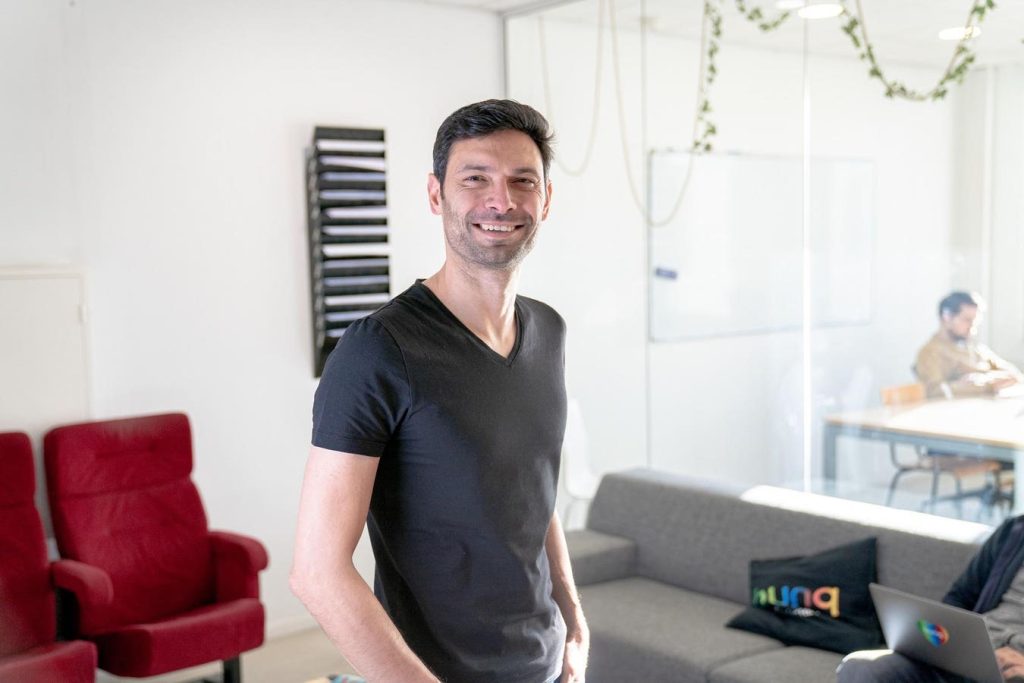The financial services market has been transformed by the rise of digital-first players, including neo-banks, which have collectively raised billions in investments. The UK, France, and Germany are home to a significant number of these neo-banks, with popular ones like Monzo attracting substantial investment. Netherlands-based Bunq, operating since 2015, has also seen success in raising external funds, including a recent injection of €128 million. Despite this, founder and CEO Ali Niknam chose to self-fund the company initially, emphasizing a focus on developing a product that consumers want to use.
Digital-first challenger banks like Bunq, Revolut, Monzo, and N26 have disrupted the European banking market by appealing to younger, mobile customers dissatisfied with traditional banking services. Bunq, in particular, has carved a niche for itself with a user-focused approach, resulting in significant growth in deposits and income. Niknam’s decision to enter the banking industry was inspired by the financial services crisis and a desire to offer a better banking experience than what was currently available.
Successfully launching a bank required navigating significant regulatory hurdles and financial requirements, particularly in the Netherlands, where a banking license necessitated demonstrating the product and securing enough funding for three years. Despite these challenges, Niknam chose to self-fund the company to maintain control over product development and avoid distractions from external investors. This strategy allowed him to focus on sustainability projects, such as tree planting, alongside product development.
After years of self-funding, Bunq sought external investment in 2021, primarily to fund acquisitions and new initiatives like AI-driven customer service. By this time, the bank had established a strong culture and clear product development strategy, making it the right time to bring in investors. The company now operates in 30 European countries and is looking to expand into the UK market post-Brexit, requiring the acquisition of a UK eMoney license to provide services to British customers.
Brexit has complicated the landscape for European fintechs looking to operate in the UK, and vice versa. Bunq is navigating these challenges by engaging with the UK regulator to ensure compliance and serve British customers. The bank’s unique offering of multiple IBANs for opening accounts in different currencies caters to digital nomads, a key target market. Despite the regulatory complexities post-Brexit, Bunq remains focused on product development and creating innovative solutions for its users, with Niknam emphasizing a passion for creating products that drive the company’s success.


